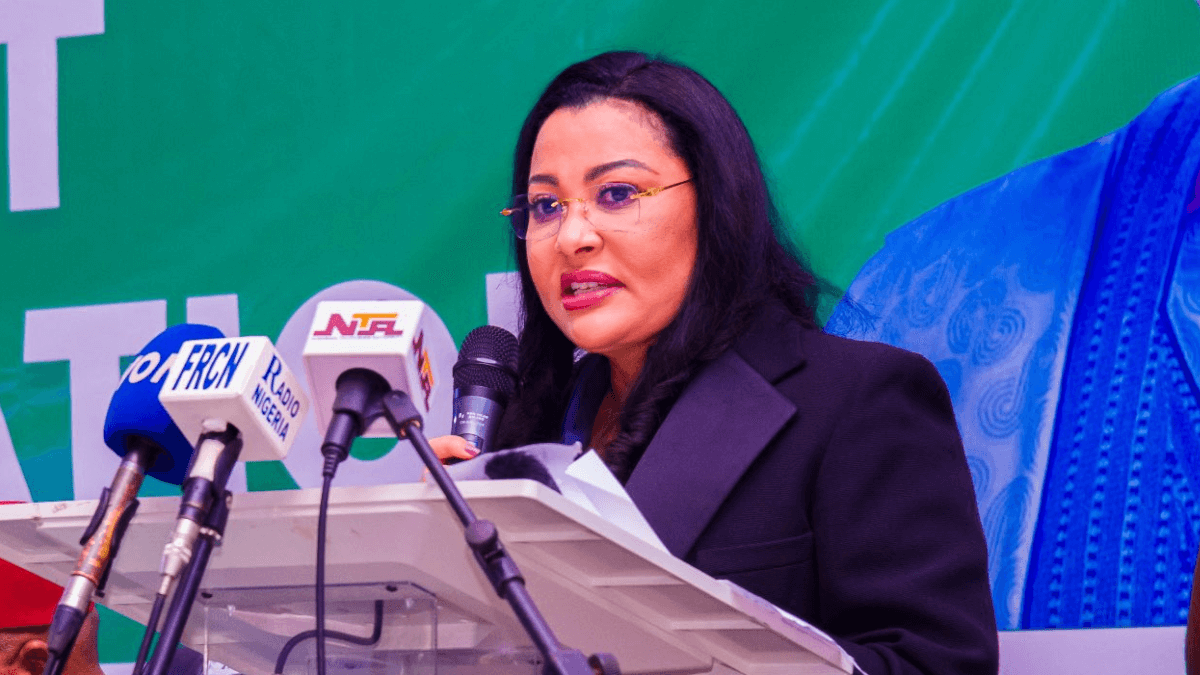News in brief:
– Nigeria’s trade minister urges stronger financial support for MSMEs to improve food security and economic growth.
– The country’s Bank of Industry disbursed ₦77.65 billion to 1,000 businesses in 2024, including farmers.
Nigeria’s Minister of Industry, Trade, and Investment, Dr. Doris Uzoka-Anite, has called for stronger financial systems to support Micro, Small, and Medium Enterprises (MSMEs).
She urged governments, development partners, and private sectors to collaborate on creating microfinance schemes, loan guarantees, and public-private partnerships to help MSMEs, especially in agriculture.
These kinds of businesses play a crucial role in boosting food security and economic growth in the country as those are the industries they are typically operating in.
Bank of Industry’s role in tackling food insecurity
According to the Managing Director/Chief Executive, BoI, Dr. Olasupo Olusi, of the Bank of Industry (BoI), the institution has provided ₦77.65 billion in loans to approximately 1,000 MSMEs this year.
These loans support small businesses, including farmers, to expand their operations. In addition, Olusi revealed that it has launched initiatives such as the BoI PriceSense NG, a price intelligence platform that tracks food commodity prices, aiming to stabilise markets and help policymakers address food insecurity.
Uzoka-Anite also highlighted the potential of digital financial solutions like mobile banking and blockchain to enhance access to finance for small enterprises, especially in rural areas. These solutions can help smallholder farmers, agribusinesses, and local food processors by improving agricultural productivity and reducing post-harvest losses.
MSMEs, particularly in agriculture, are vital in tackling food shortages. They can encourage small farmers to modernise finance and adopt technology, which can improve food distribution and boost production. This is a crucial time for self-sufficiency in food production as the current global food security challenges are exacerbated by conflicts, climate change, and pandemics.



